Experts urge emotional intelligence in AI-native children via parenting, school morning assembly affirmations & community engagement for holistic development.
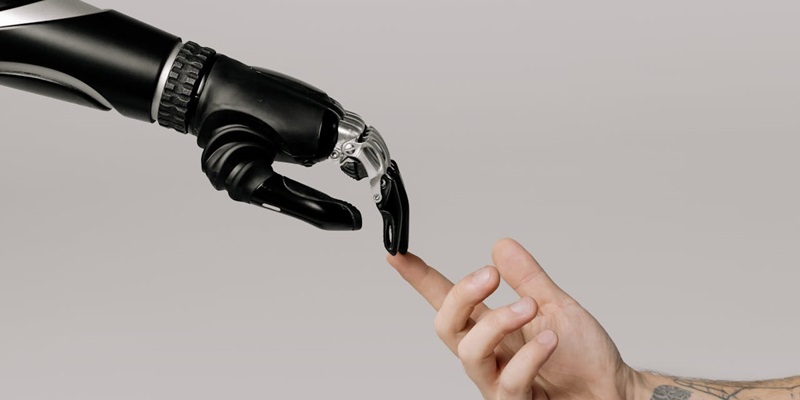
To succeed in the AI era, learners need cognitive, emotional, practical, and ethical growth—forming a balanced “lifeset” for a resilient, future-ready life.

AI-natives should develop the requisite knowledge, skills, emotional intelligence, health and mental well-being through appropriate food & sufficient exercise.

AI may replace entry-level jobs, but success for AI-natives lies in emotional resilience, creativity, and purpose-driven habits that machines can't replicate.
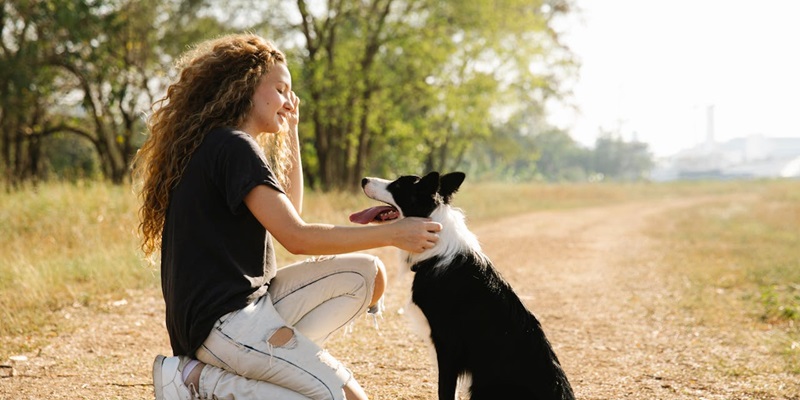
Animal behaviour offers insights into human health, empathy, emotional regulation—shaping habits, emotions, & resilience, according to Dr. Ethiravan Kathiravan.
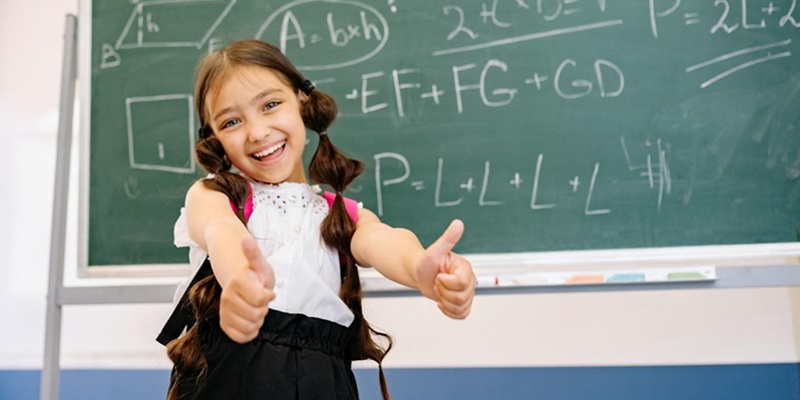
AI enhances human potential across fields, but empathy, ethics, and adaptability are key. Educators must guide AI-natives with purpose, flexibility, and care.

Health & wellness can be fostered in AI-natives through mindful assemblies, excursions, and workshops, promoting holistic growth in a technology-driven world.

Yoga, India’s ancient gift, is more than poses—it’s a way of life. Embracing all eight limbs can transform students’ health, focus, character, and purpose.

Jackfruit flour, rooted in Kerala tradition, shows promise in reversing diabetes and fatty liver—now backed by clinical trials and global scientific acclaim.
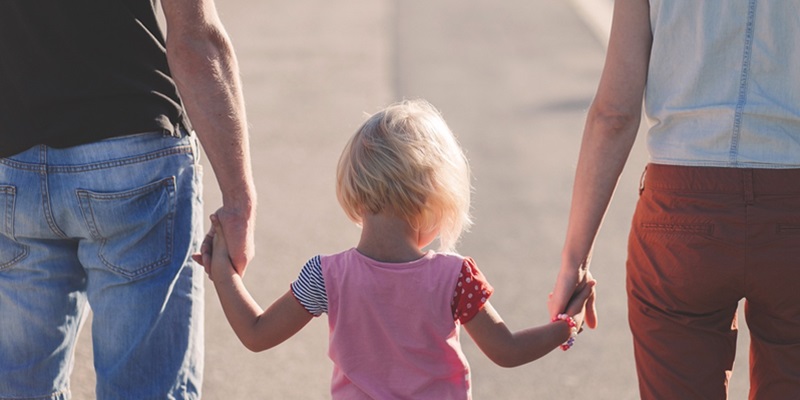
Emotional competence in children is shaped by temperament and environment. Parents and educators must nurture awareness, expression, and regulation with care.

Teaching values like compassion and kindness helps shape empathetic, responsible students. Small acts and reflections build character & inspire positive change.
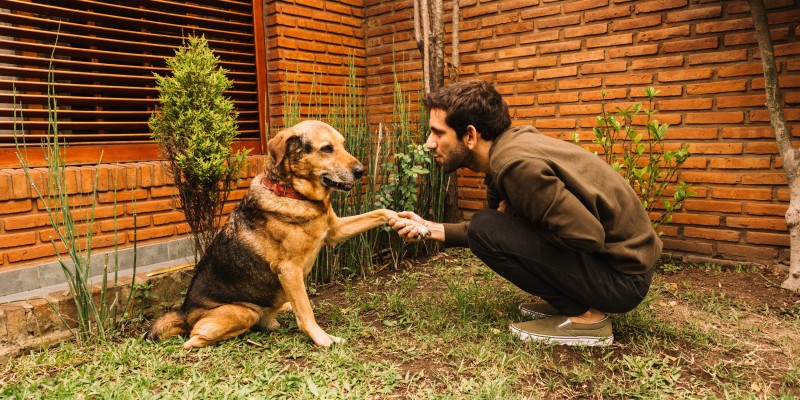
From ants to elephants, discover how animal behaviors are inspiring teamwork, empathy, and self-control in students—making life skills learning fun and lasting.
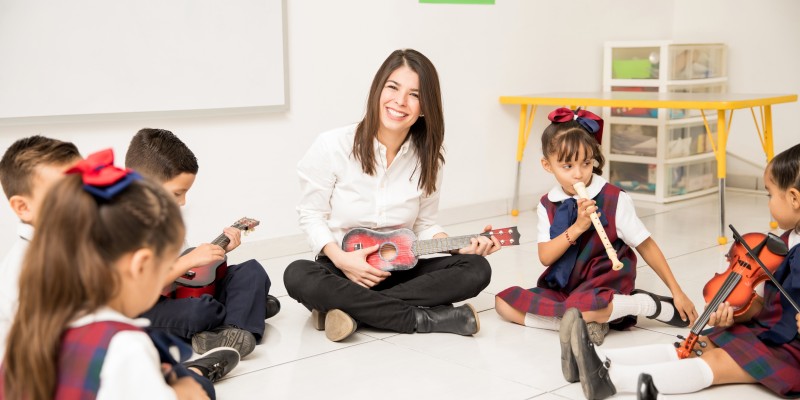
From habit trees to digital tools, discover how playful routines and positive modeling helped students build lasting good habits across classrooms worldwide.
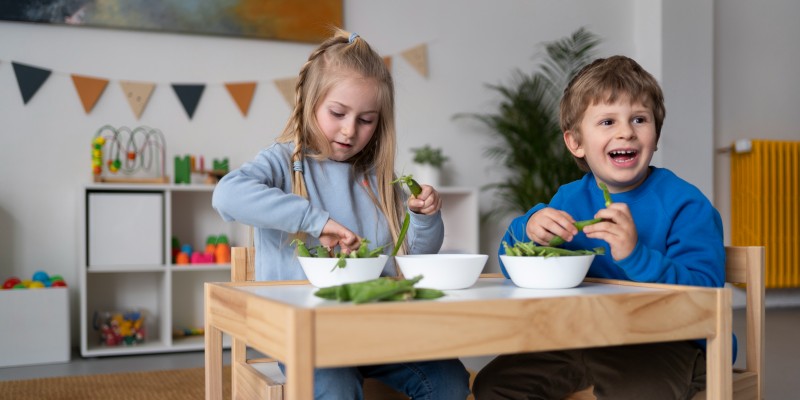
From Fruit Days to food charts, discover how schools worldwide inspired healthy eating habits—and why it's time to formalize food literacy in education.

From calm corners to empathy games, discover how classrooms are building emotional strength—and why SEL must be central to every child’s education journey.
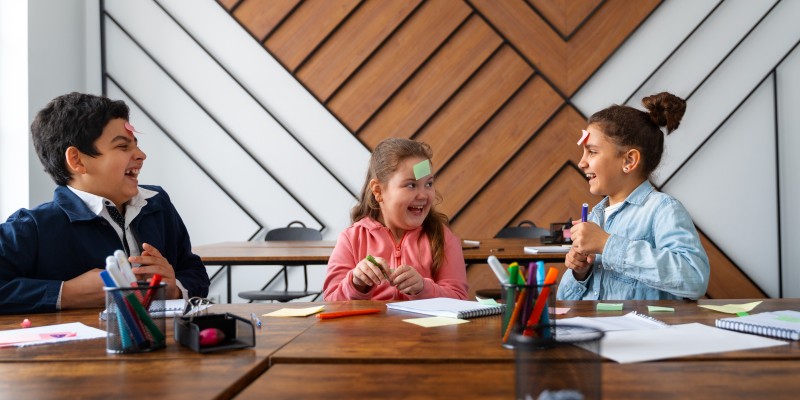
Storytelling, peer praise, and values-driven routines shaped empathy, confidence, and calm classrooms—pointing to SEL as a must for the AI-native generation.
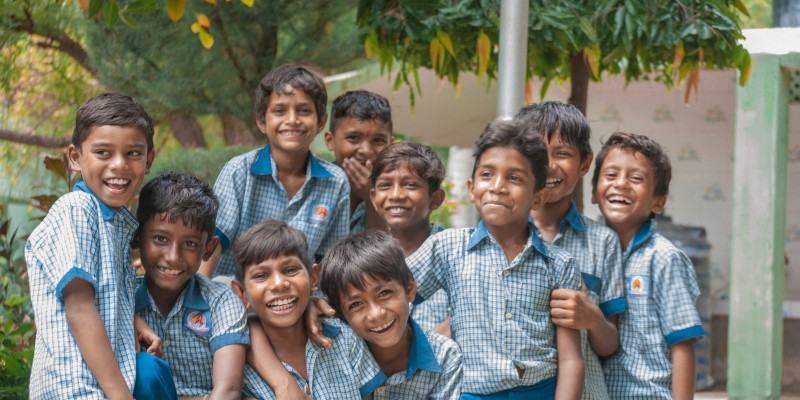
Explore science-backed healthy habits—from art to mental wellness—that help students grow smarter and stronger, one habit at a time.
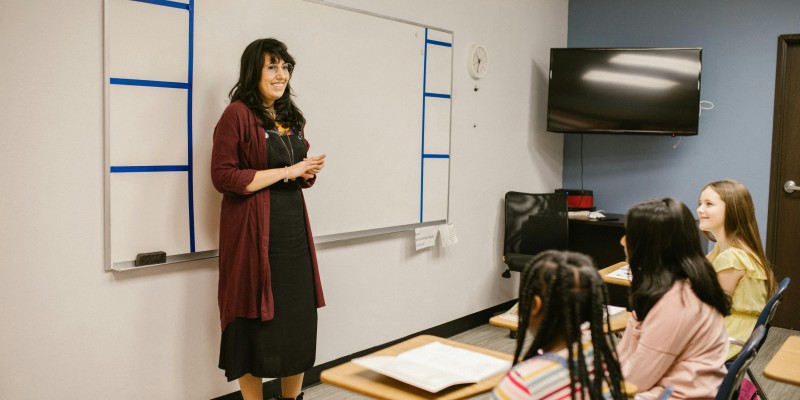
Teachers shape habits. Learn how self-care, early education, inquiry, and empathy build lifelong wellness in and beyond the classroom.

Parents’ routines, meals, warmth, and words shape lasting habits. Discover five powerful ways to raise healthy, happy children every day.

Leaders matter. Design schools with wellness at the core—support teachers, go digital, build habits into curriculum, and lead with vision.
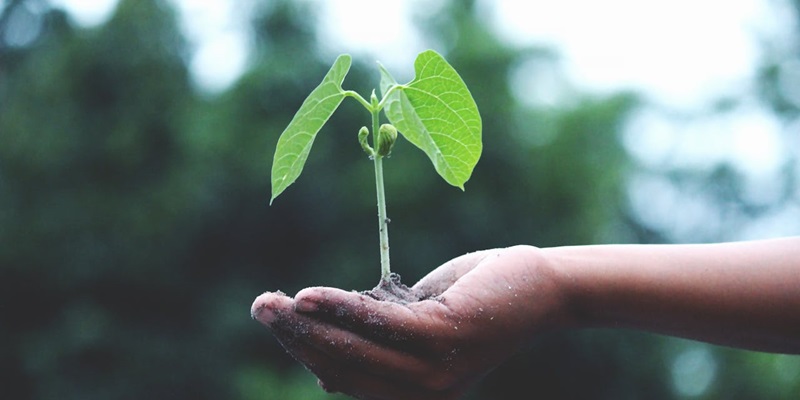
‘Ek Ped Maa Ke Naam 2.0’ programme encourages people to plant trees in tribute to mothers, promoting climate action and emotional connection among students.

IIT Hyderabad’s π/2-BPSK waveform, now part of global 5G standards, is paving the way for 6G, thanks to collaboration with global technology leaders.

Two students studying in Nagaland government schools were chosen to take part in a science programme of JSTA to interact with scientists and do activities.
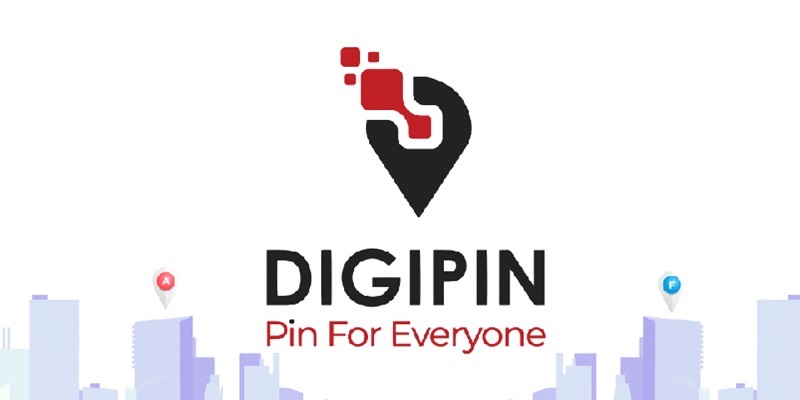
DIGIPIN is a geospatial, open-source digital addressing system by IIT Hyderabad, NRSC & Dept of Posts, enabling precise, offline, and human-readable geo-codes.

The Swedish Armed Forces devised a glass box challenge to help people understand the challenging environments in which soldiers have to perform their duties.